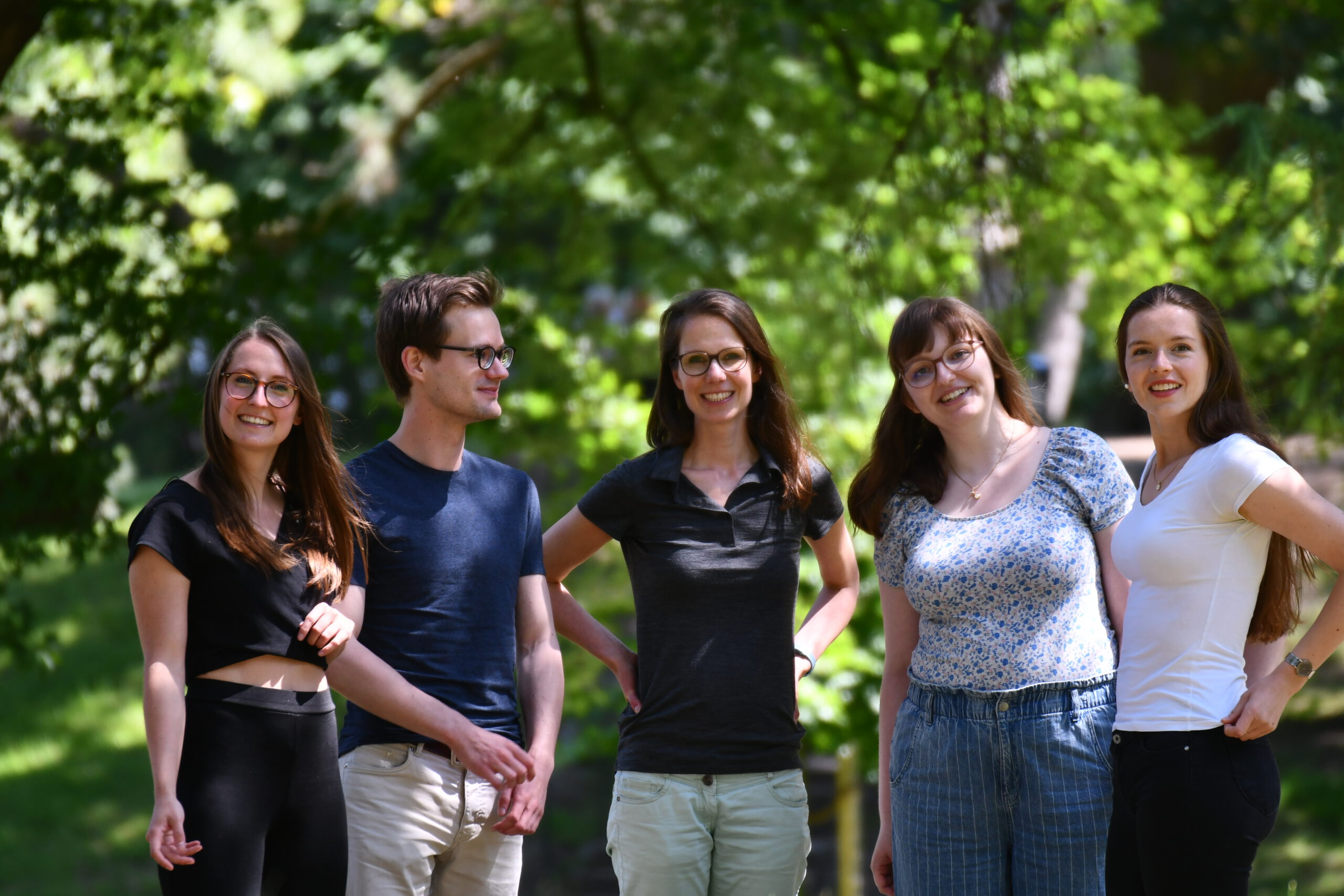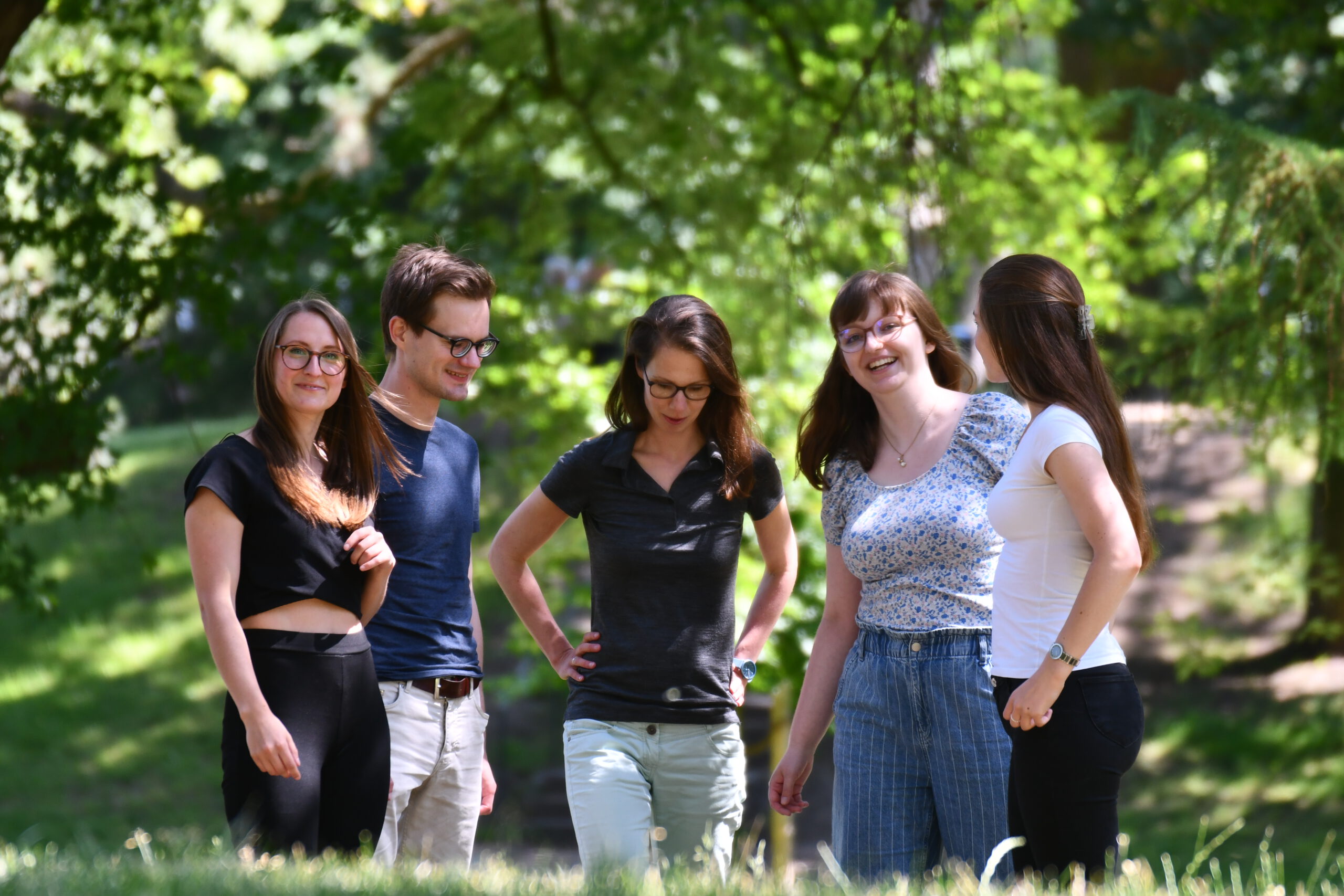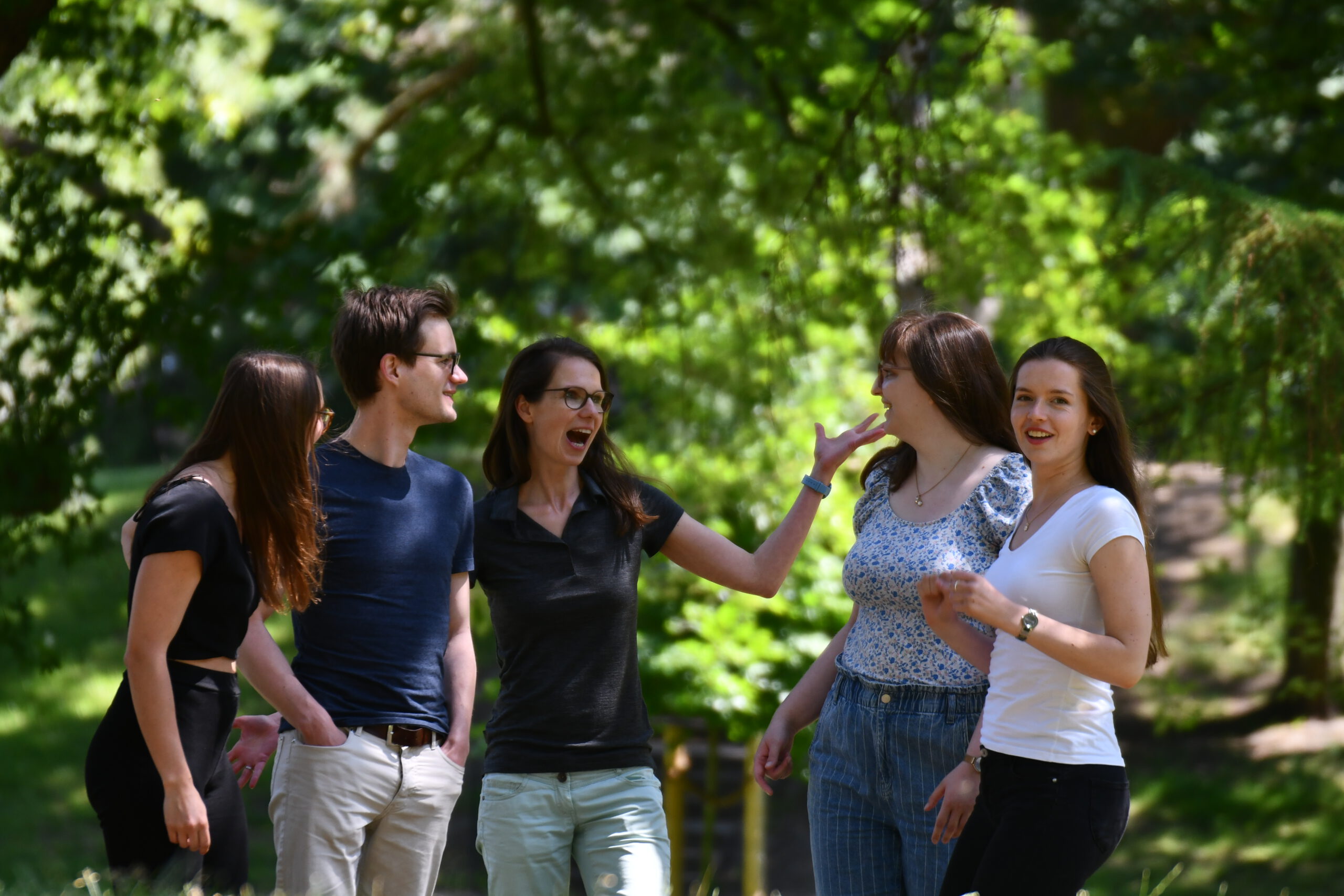Principal Investigator
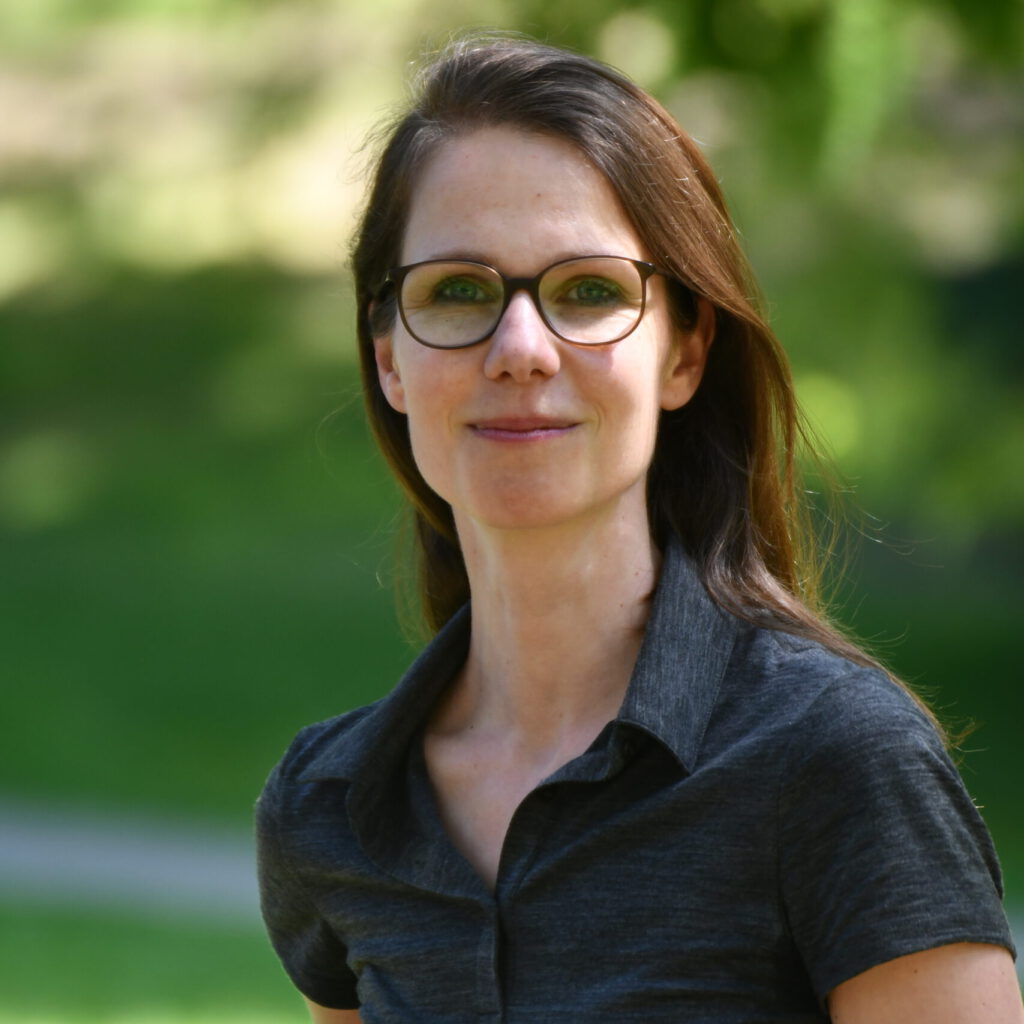
Helen Blank
I am interested in how prior expectations influence our perception during human cognition. How does the human brain integrate prior evidence from different sensory sources to make sense of new incoming information? I combine behavioural, neuroimaging, and computational methods to investigate how priors influence speech and person recognition.
I am a Professor of Predictive Cognition at the Faculty of Psychology, Ruhr University Bochum, and the Research Center One Health Ruhr of the University Alliance Ruhr. Additionally, I lead projects within my Emmy Noether group, focusing on Prediction in Communication, and the TRR 289 at the University Medical Center Hamburg-Eppendorf. Before that, I was a Marie Curie fellow with Christian Büchel (also at the UKE). During my postdoctoral work with Matt Davis at the MRC Cognition and Brain Sciences Unit in Cambridge, UK, I combined computational modeling and multivariate fMRI measurements to investigate how prior expectations enhance the perception of degraded speech. During my PhD with Katharina von Kriegstein at the Max Planck Institute for Human Cognitive and Brain Sciences in Leipzig, Germany, I investigated multisensory integration of faces and voices during human communication.
Lab Members

Carina Hardering
Carina manages the Office of the Predictive Cognition Lab at the Faculty of Psychology, Ruhr University Bochum.
You can contact her via email predcog at ruhr-uni-bochum.de or phone 0234 32 18490.
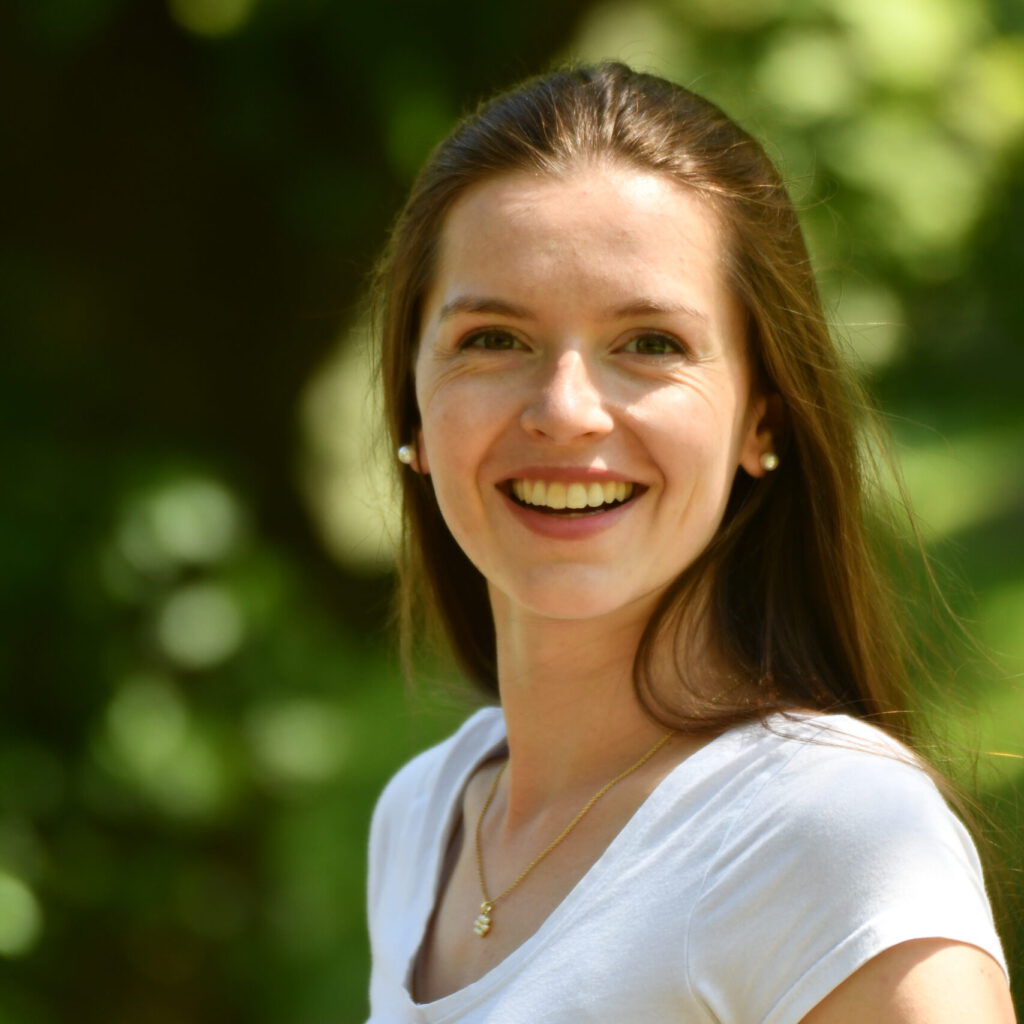
Janika Becker
In her PhD, Janika is interested in statistical learning. Before that, she also wrote her Master’s thesis in our lab and did a pupil study to investigate how the pupil reacts to expected (and unexpected) auditory stimuli. She obtained her Master’s in Psychology from the University Lübeck. In her PhD, she explores how we learn prior expectations from auditory sequences, using pupillometry and EEG.

Henrik Eichhorn
The tension between exploration and exploitation – between seeking new information and confirming what we already know – sits at the heart of Henrik’s doctoral research at Ruhr University Bochum. Using eye-tracking paradigms grounded in predictive processing theory, he investigates the factors that drive these divergent information sampling strategies, examining how prior expectations shape environmental exploration. Before joining the lab, he obtained his B.Sc. and M.Sc. in Psychology from Johannes Gutenberg University Mainz, where he investigated how motor activity organizes the acquisition of priors

Mai-Carmen Requena-Komuro
Mai-Carmen is a postdoc in the joint project with Katja Wiech within the CRC 289 Treatment Expectation. She is interested in characterizing the cognitive and neural processes underlying brain diseases. She obtained her PhD in Clinical Neuroscience from University College London, investigating subjective time perception in healthy aging and dementia under the supervision of Prof. Jason Warren at the Dementia Research Centre. After a short career break in research administration (grant management), she returned to academic research with a postdoctoral position on post-traumatic stress disorders at the Medical School Hamburg. As part of the CRC 289, she is conducting an fMRI study to investigate the impact of perceived warmth and competence on pain perception and expectation of treatment efficacy in the context of patient-practitioner interactions.

Hanna Ringer
Hanna is interested in how predictions shape auditory perception and cognition. She obtained her BSc, MSc, and PhD in psychology from Leipzig University and the International Max Planck Research School on Neuroscience of Communication (IMPRS NeuroCom) at the Max Planck Institute for Human Cognitive and Brain Sciences, investigating how listeners form memories of novel sound patterns. Before joining the lab, she spent a year as a postdoc at the University of Tokyo in Japan, researching statistical learning in individuals with and without dyslexia. At Ruhr University Bochum, she is using 7T fMRI to investigate predictive processing during speech perception.

Fabian Schneider
Fabian is interested in predictive coding as a way of bridging the gaps between language comprehension, memory maintenance, and updating. Before joining the lab, he obtained a graduate degree in Cognitive Neuroscience from Radboud University and the Donders Institute, as well as an undergraduate degree in Language, Literature, Culture from the University of Gießen. In his PhD, he aims to improve our understanding of how semantic priors are represented, used, and updated.

Philipp Schumann
Philipp is interested in how the human brain uses priors and contextual information in perceptual processes. Before joining the lab, he obtained his Master’s degree in Neurocognitive Psychology from the University of Oldenburg. He wrote his thesis in Gießen, using RSA to investigate the spatiotemporal dynamics of visual object aesthetics. In his PhD, he applies RSA to fMRI data to explore how verbally induced social priors affect the perception and interpretation of speech as part of the CRC 289 Treatment Expectation in collaboration with Katja Wiech.
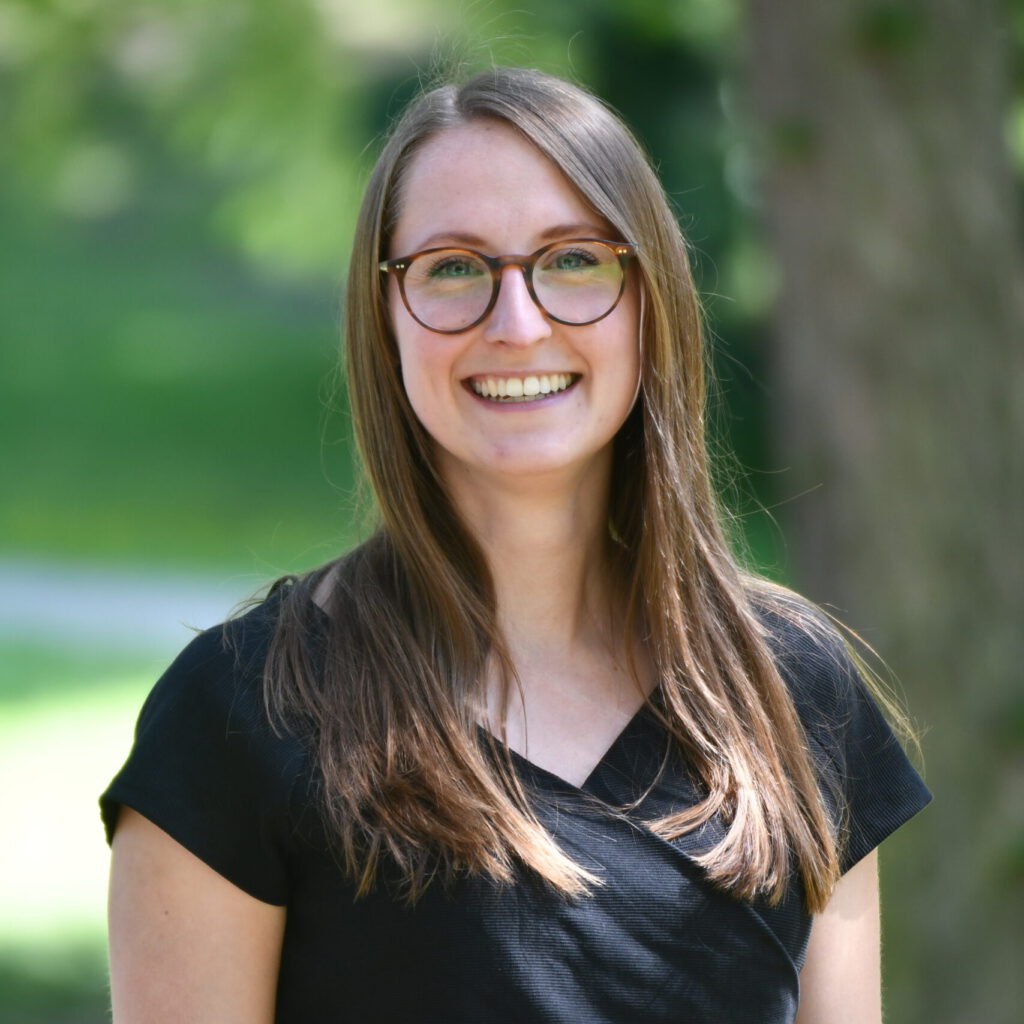
Carina Ufer
Carina has a genuine interest in the predictive coding framework. She obtained a Master’s in Cognitive Science from the University of Vienna and a Bachelor’s in Applied Cognitive and Media Science from the University of Duisburg-Essen. In her PhD, she investigates the effect of voice priors on the perception of speech. She identified opposing serial dependence effects of stimulus and choice history in auditory vowel streams
Student Assistants and Interns

Antonia Gelpke
Antonia supports us at the UKE in recruiting participants.
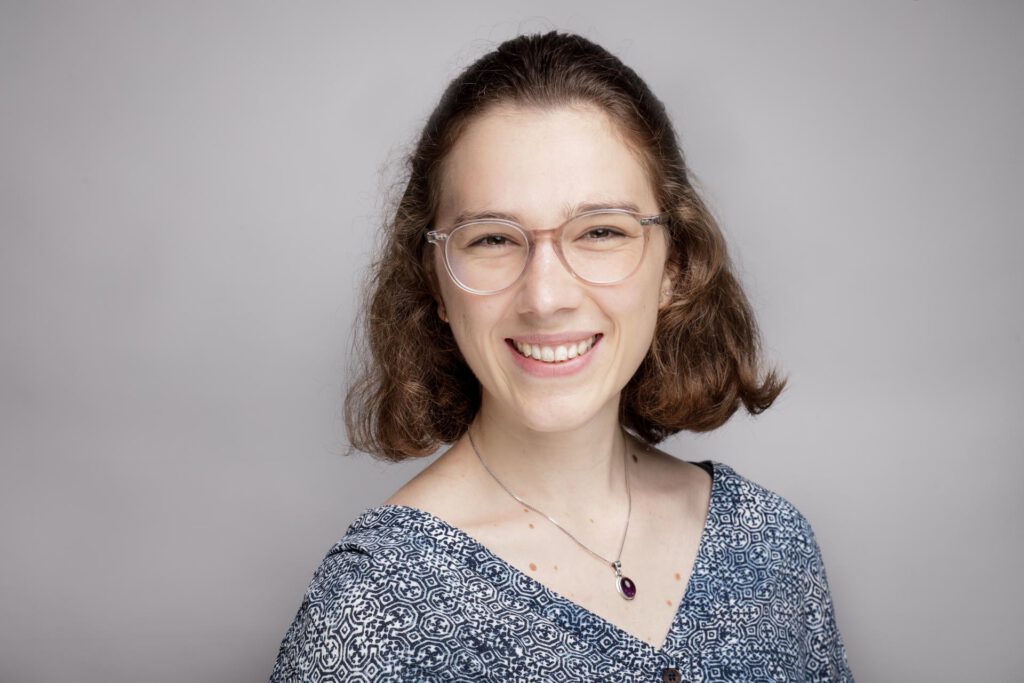
Nele Pfitzner
Motivated by her hands-on experience as a speech therapist, Nele developed a deep interest in the scientific study of language. She explored this further in her bachelor’s thesis, conducted in the Auditory Cognition Lab under the supervision of Dr. Sarah Tune and Prof. Dr. Jonas Obleser at the University of Lübeck. She is currently pursuing a master’s degree in Neurocognitive Psychology at the University of Oldenburg. As part of her program, she is completing a research internship in our lab affiliated with the CRC 289 Treatment Expectation. Her project focuses on examining the dynamic interplay between speaker traits and listener predispositions.
Former Lab Members
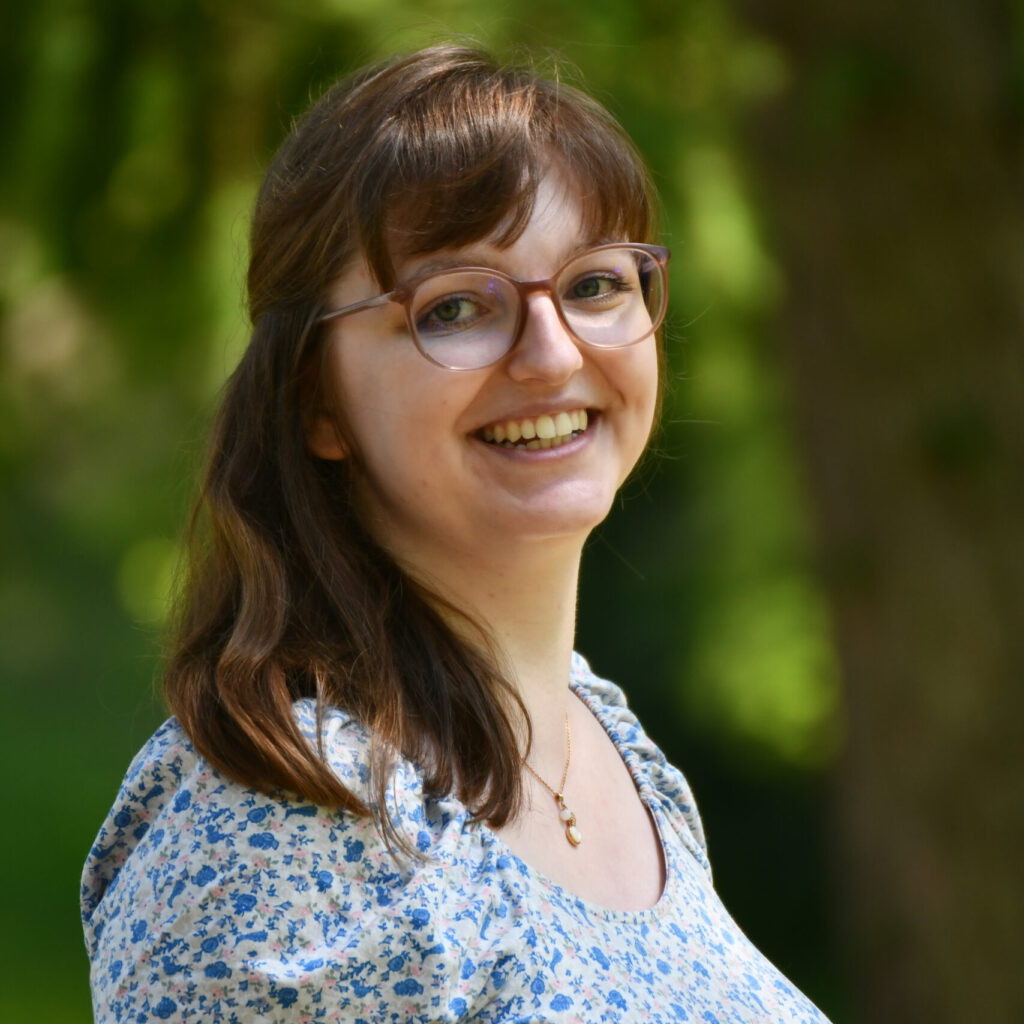
Annika Garlichs
Annika has successfully defended her PhD! She used behavioural measures, eye tracking, and RSA on fMRI data to understand how the human brain uses priors during face perception. Check out her work: Prediction error processing and sharpening of expected information across the face-processing hierarchy. Nature Communications; Expectations Guide Predictive Eye Movements and Information Sampling During Face Recognition. iScience; Protocol to study how expectations guide predictive eye movements and information sampling in humans. STAR Protocols.
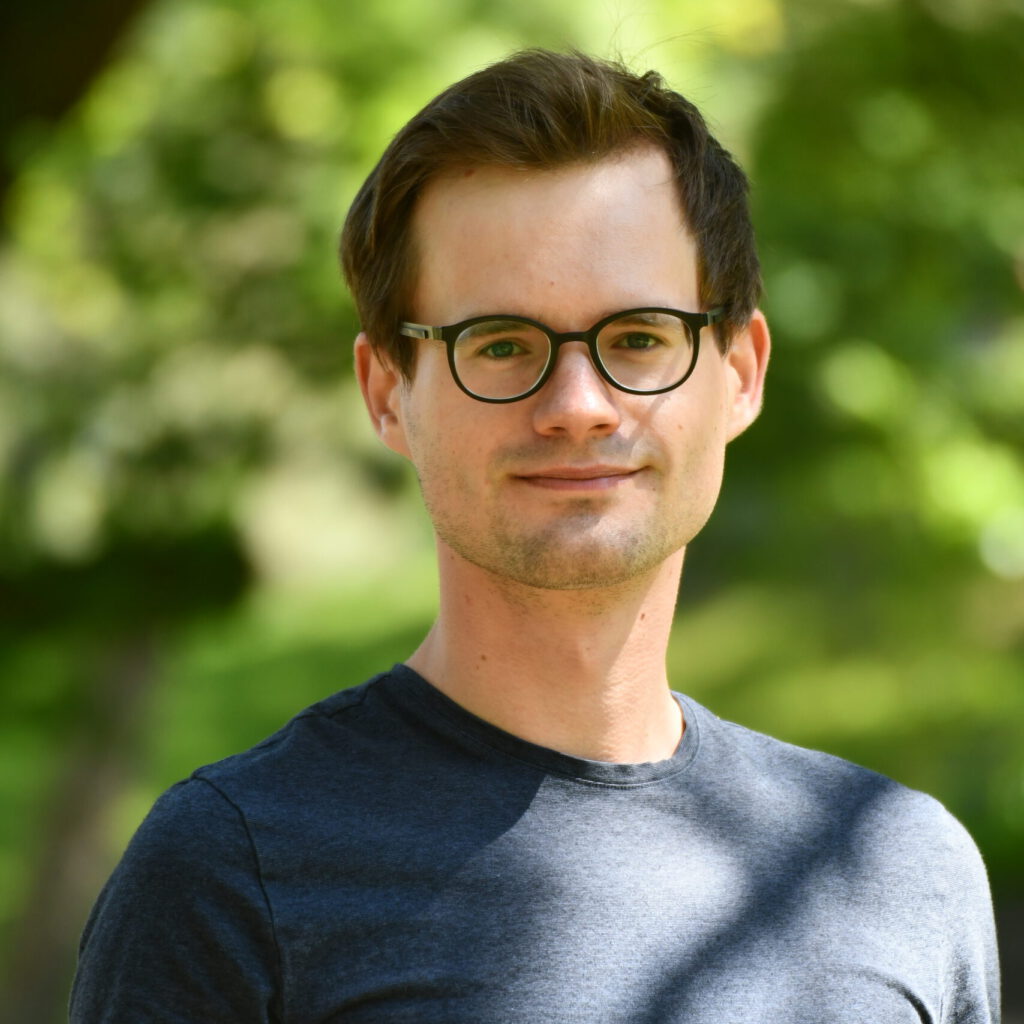
Mark Lustig
Mark was a student assistant in the lab. He studies Psychology at the University Hamburg and currently conducts several pupil studies in the eyetracker lab.
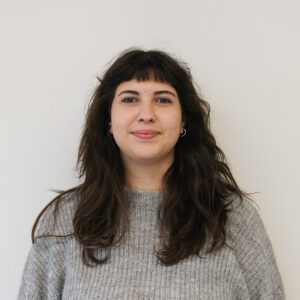
Eylül Karabiber
Eylül was an intern in the lab and helped to collect data for pupil studies in the eye-tracker lab, and contributed to a literature search on predictive sequences.
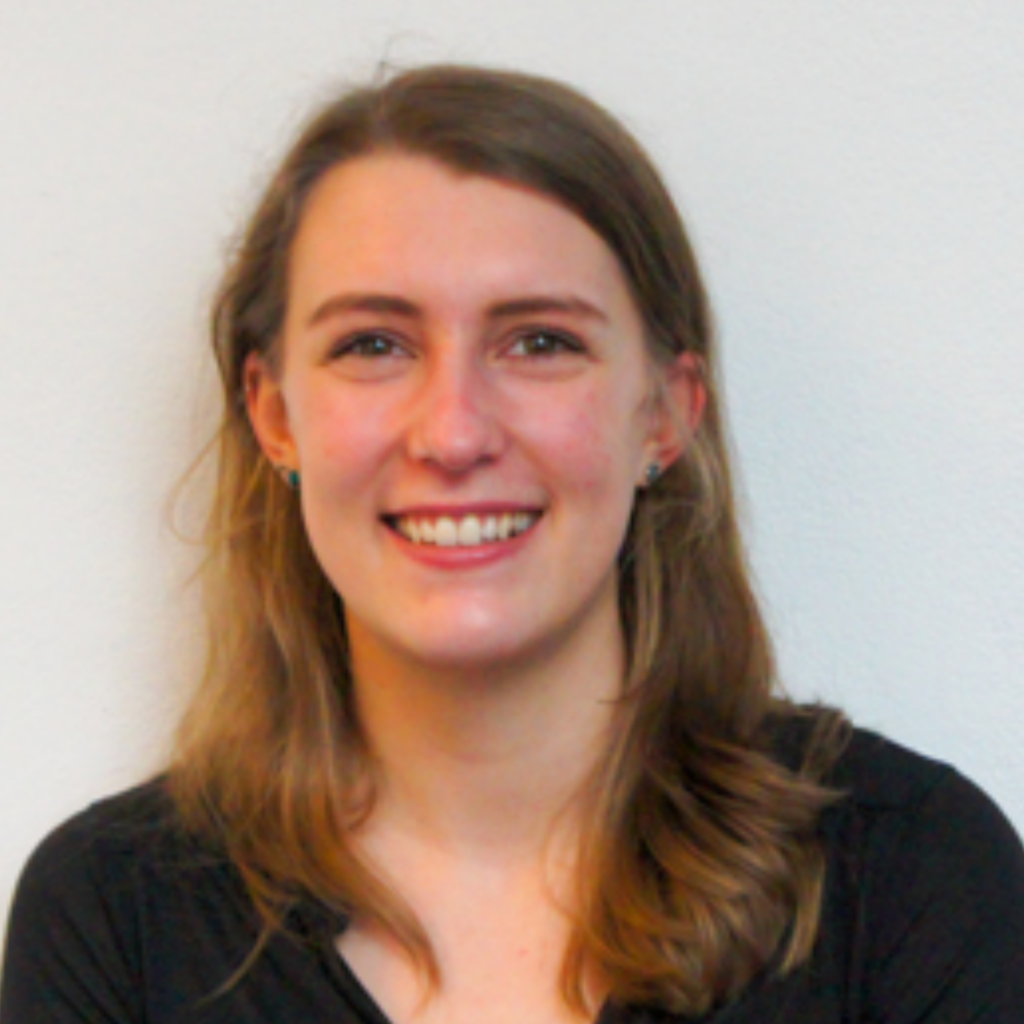
Franziska Kunert
Franziska was a student assistant in our lab and supported us with data collection.
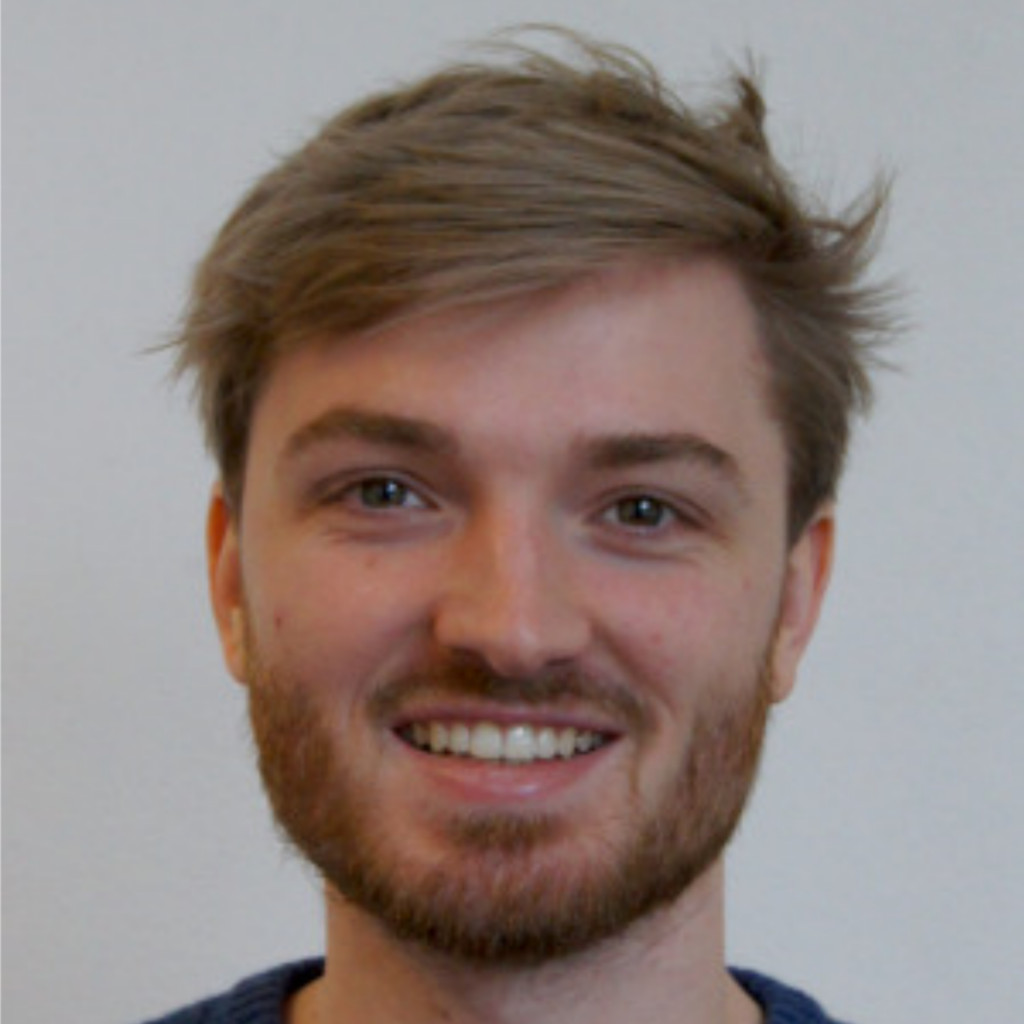
Julius Krumbiegel
Julius worked on the effects of cross-modal priors on speech perception and their computational mechanisms.
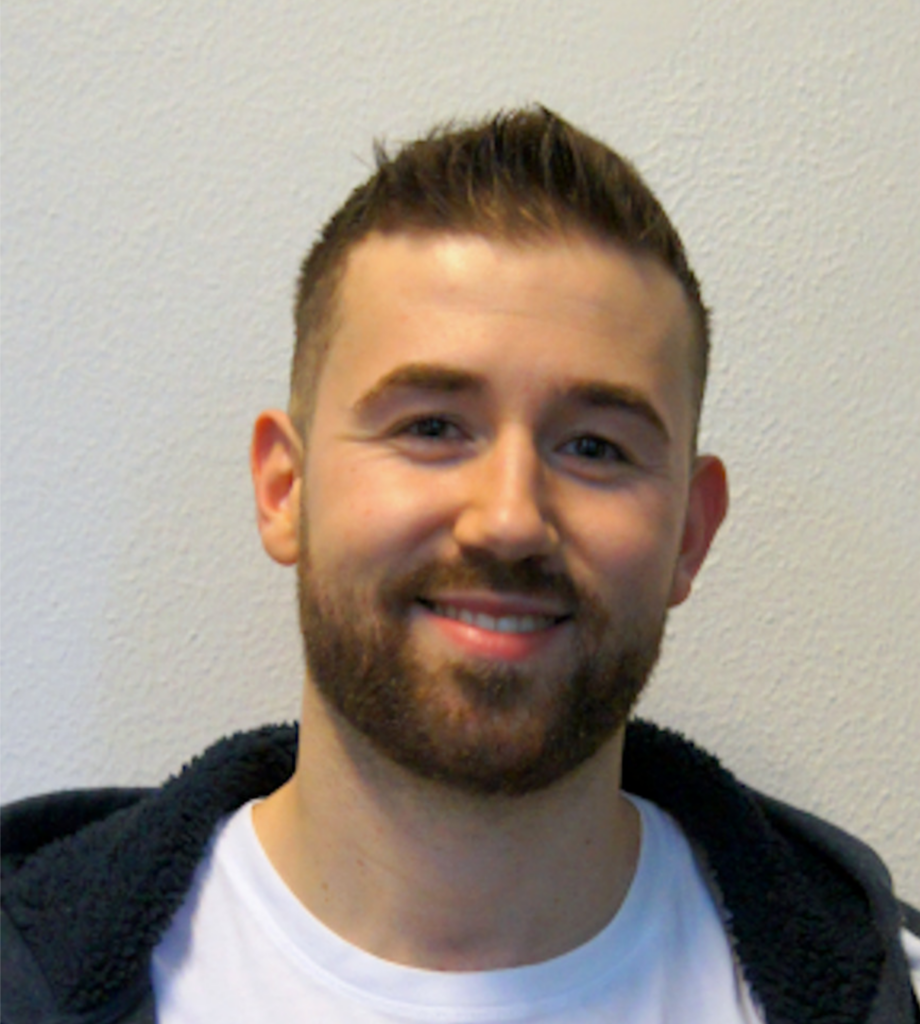
Marvin Viertler
Marvin was an intern and student assistant in the lab and conducted a pupil study.
Collaborations
-
- Arjen Alink at the University Medical Center Hamburg-Eppendorf
-
- Janine Bayer at the University Medical Center Hamburg-Eppendorf
-
- Christian Büchel at the University Medical Center Hamburg-Eppendorf
-
- Matt Davis at the MRC Cognition and Brain Sciences Unit in Cambridge, UK
-
- Yaara Erez at Faculty of Engineering at Bar-Ilan University
-
- Matthias Gamer at Würzburg University
-
- Linda Geerligs at the Donders Institute for Brain Cognition and Behaviour
- Andrea Greve at the MRC Cognition and Brain Sciences Unit in Cambridge, UK
-
- Franziska Knolle at the Technical University Munich
-
- Christoph Korn at Heidelberg University
-
- Katja Wiech at Oxford University and University Essen
